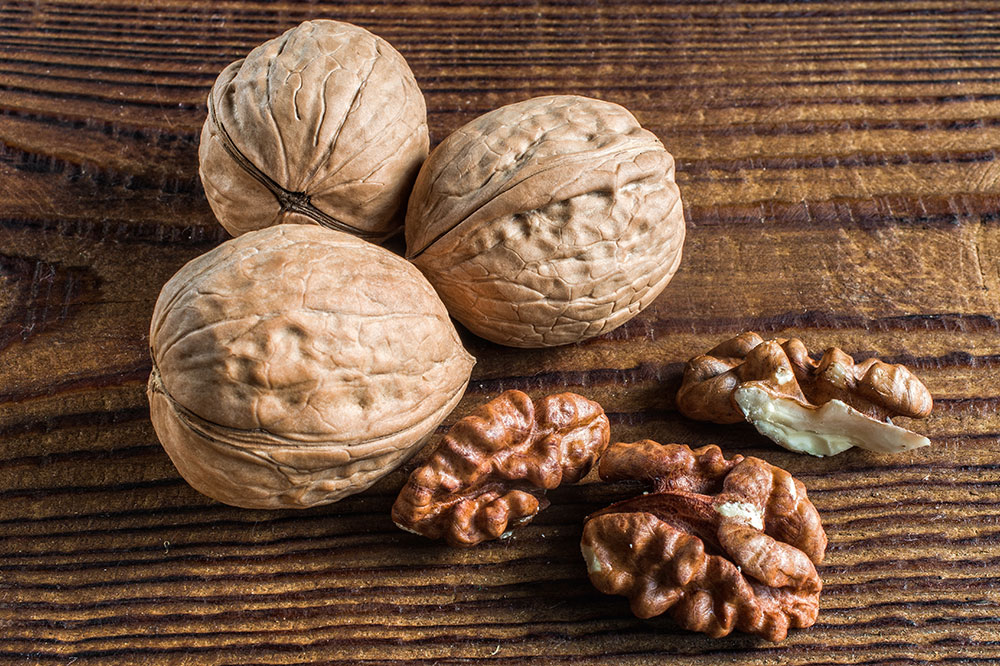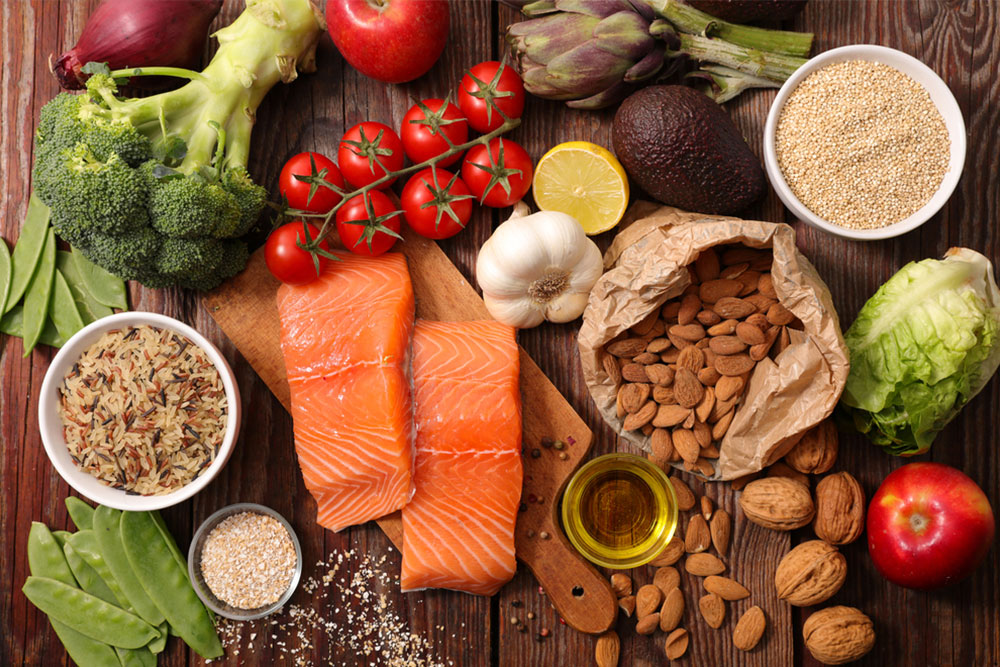Comprehensive Nutritional Strategies to Aid in Depression Recovery and Enhance Mental Well-being
Discover effective nutritional and lifestyle strategies to support depression recovery. This comprehensive guide emphasizes antioxidant-rich foods, omega-3 sources, vitamins, and holistic practices that can boost mental health. Incorporate these dietary tips and lifestyle changes to enhance mood, reduce symptoms, and promote overall emotional resilience, working in tandem with professional care for optimal results.

Comprehensive Nutritional Strategies to Aid in Depression Recovery and Enhance Mental Well-being
Mental health is an integral component of overall wellness, requiring proactive care and attention similar to physical health. Growing scientific research underscores the critical role that nutrition plays in managing depression symptoms and supporting mental resilience. Depression, characterized by persistent feelings of sadness, loss of interest, and emotional fatigue, can be alleviated by combining effective therapy with targeted nutritional strategies. Proper diet modifications and mindful food choices can serve as powerful adjuncts in the pathway toward mental health recovery.
Antioxidant-Rich Berries Fruits such as blueberries, strawberries, and goji berries are packed with antioxidants like anthocyanins and flavonoids. These compounds combat oxidative stress in the brain, which has been linked to depressive symptoms. Regular consumption of berries has shown promise in improving cognitive function and mood regulation, making them a valuable addition to a depression-supportive diet.
Brazil Nuts and Selenium Brazil nuts are renowned for their exceptionally high selenium content. Selenium is a vital mineral with antioxidant properties that help reduce inflammation and protect brain cells from oxidative damage. Since increased inflammation has been correlated with depression, enriching your diet with selenium-rich foods like Brazil nuts can support cellular health and potentially improve mood stability.
Omega-3 Fatty Acids in Fatty Fish Salmon, tuna, mackerel, and herring are excellent sources of omega-3 fatty acids—specifically EPA and DHA. These essential fats play a significant role in boosting serotonin production, a neurotransmitter critically involved in mood regulation. Clinical studies have linked omega-3 intake with decreased depressive symptoms, highlighting the importance of including fatty fish in a regular diet for mental health support.
Walnuts and Their Benefits Walnuts offer a dense source of antioxidants, including polyphenols and melatonin, which help combat oxidative stress and stabilize circadian rhythms—factors that influence mood and stress management. Incorporating walnuts into daily meals may help reduce anxiety, improve sleep quality, and support resilience against depressive episodes.
Mushrooms as Natural Mood Enhancers Emerging research suggests that certain mushrooms contain ergothioneine, a potent antioxidant linked to lowering the risk of depression. Additionally, some studies indicate that mushrooms may have neuroprotective effects, potentially benefiting individuals with mental health disorders like schizophrenia and depression by supporting brain health through their unique bioactive compounds.
Bananas and Vitamin B6 Bananas are rich in vitamin B6, which assists in synthesizing neurotransmitters like serotonin and dopamine—chemicals that influence mood and emotional balance. Consuming bananas in smoothies, cereals, or as snacks can promote happier moods and potentially alleviate depression symptoms through natural dietary means.
Healthy Fats in Avocados This nutrient-dense fruit contains monounsaturated fats, magnesium, vitamins B, C, E, and K, along with tryptophan—the amino acid precursor to serotonin. Regular intake of avocados can support brain function, reduce inflammation, and promote emotional stability, making them a beneficial component of a depression management diet.
Dark Chocolate's Mood-Boosting Properties Dark chocolate stimulates the release of phenylethylamine, which can elevate mood. Its flavonoids also possess antioxidant properties that combat inflammation and oxidative stress, contributing to reduced symptoms of depression and anxiety. Including small amounts of high-quality dark chocolate can be a delightful way to support mental well-being.
Leafy Green Vegetables for Brain Health Spinach, kale, Brussels sprouts, and lettuce are rich sources of omega-3 fatty acids, iron, magnesium, and a variety of vitamins. These nutrients facilitate the synthesis of serotonin, support immune function, and help combat inflammation—factors that influence depression and overall mental resilience.
Beans & Legumes for Stabilizing Mood Legumes like lentils, chickpeas, and black beans contain selenium, fiber, and plant-based protein. These elements help stabilize blood sugar levels, support gut health, and reduce inflammation, creating a strong foundation for mood stability and physical health—both crucial for managing depression effectively.
Lean Proteins and Cognitive Function Opt for lean meats such as poultry, turkey, and venison, which provide high-quality protein essential for brain function. These options are low in saturated fats, supporting cognitive clarity and alertness—important factors in feeling motivated and reducing depressive symptoms.
Additional Lifestyle Strategies for Mental Health
Ensure adequate sunlight exposure to boost vitamin D levels, which are vital for mood regulation and mental health.
Maintain proper hydration to support optimal brain function and concentration.
Engage in regular physical activity, including cardio and strength training, to help regulate stress hormones, improve sleep quality, and elevate mood.
Implement effective stress management techniques such as mindfulness, deep breathing exercises, and relaxation practices to reduce emotional burdens.
Incorporate mind-body practices like yoga and meditation to promote relaxation, emotional balance, and resilience against depression symptoms.
It is important to emphasize that nutritional strategies should complement ongoing therapy and medication prescribed by healthcare professionals. Building a robust support network and maintaining consistent treatment are essential pillars in the journey toward overcoming depression and achieving psychological well-being.





